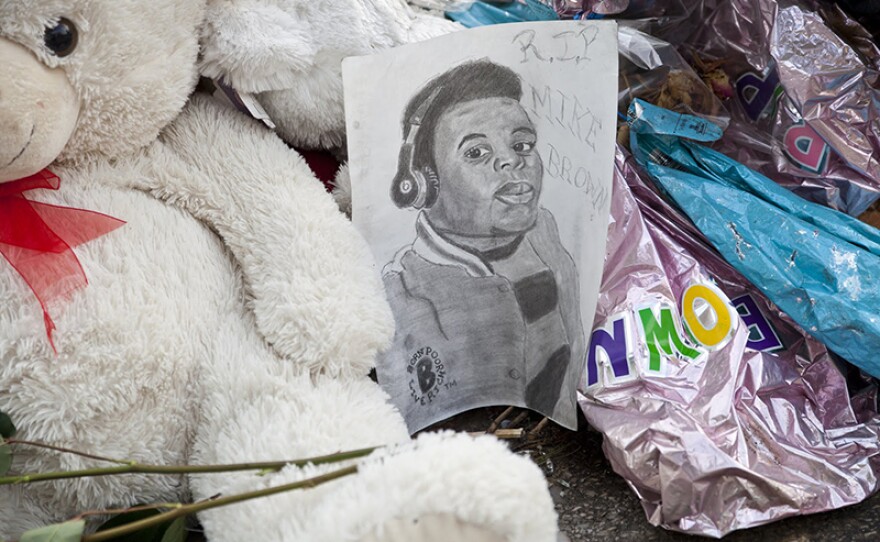—Take an unflinching look at the Ferguson uprising, told by the activists leading the movement.—
When unarmed black teenager Michael Brown was killed by a white police officer in Ferguson, Missouri, and left lying in the street for hours, it marked a breaking point for the residents of the St. Louis area and beyond.
Uniting people from the community and across the nation, a movement — propelled by young activists and Ferguson community members — was born.
Told by the local residents and activists on the frontlines fighting for justice, equality and an end to police brutality, “Whose Streets?” is an unflinching look at the Ferguson uprising and the movement that followed.
Directed by Sabaah Folayan and Damon Davis, “Whose Streets?” has its national broadcast and streaming debut on POV on Monday, July 30, 2018.
The film is a co-presentation with the National Black Programming Consortium and was an official selection at the 2017 Sundance Film Festival.
The documentary weaves the filmmakers’ footage with cellphone recordings from witnesses who were at the scene of Brown’s murder and the ensuing demonstrations.
Quotes from well-known black civil rights leaders and thinkers like Martin Luther King Jr. and Maya Angelou also frame interviews with protestors.
The film focuses on various activists as protagonists, delving deep into their lives after Brown’s death:

Brittany Ferrell, a 25-year-old nursing student and mother of a young daughter, is one such activist. In the months following Brown’s murder, she and her partner, Alexis Templeton, founded the group Millennial Activists United.

After Ferrell leaves school, activism becomes her life. With each new protest, Ferrell and Templeton start putting their lives on the line: at one point they blockade a major interstate highway and Ferrell faces arrest.
“You sacrifice your comfort, your security... You sacrifice everything to do this work,” she says.

David Whitt, a husband and father of four, is another charismatic activist. He lives across the street from the spot where Brown was killed.
He recounts that he was in his apartment when shots rang out just a few feet outside his door and that masked men with assault rifles rode into town atop firetrucks in the hours following the fatal shooting.

Police erected a curtain around Brown’s body to prevent residents from seeing what was happening.
Witnessing this heavy-handed response by police, Whitt picked up a handheld camera and began to film. He and his chapter of Copwatch, a network that documents police activity, become guardians of Brown’s memorial, rebuilding it when it is vandalized and later removed.

“‘Whose Streets?’ is a seminal work documenting one of the most pivotal protest movements of our time,” said Chris White, executive producer of POV. “Sabaah and Damon, themselves activists, are uniquely positioned to tell this story. By following those demonstrators and community members embedded in the early protests, we’re provided with multiple access points to digest what the cable news cameras could not. Long ignored, the leaders from Ferguson find an important platform in this film.”
Watch On Your Schedule:
This film will is no longer available to stream on POV. You can rent or buy the film on YouTube and Amazon Video. Visit the official film website for more ways to watch.
Join The Conversation:
POV is on Facebook, Google +, and you can follow @povdocs on Twitter. #WhoseStreetsPBS
"Whose Streets?" is on Facebook, Instagram, and you can follow @WhoseStreetsDoc on Twitter.
Credits:
Director is Sabaah Folayan. Co-Director is Damon Davis. Producers are Sabaah Folayan, Damon Davis, Jennifer MacArthur and Flannery Miller. Editor is Christopher McNabb. Original score by Samora Abayomi Pinderhughes. Executive Producers for POV: Justine Nagan and Chris White. Produced by American Documentary, Inc., POV is public television’s premier showcase for nonfiction films.





